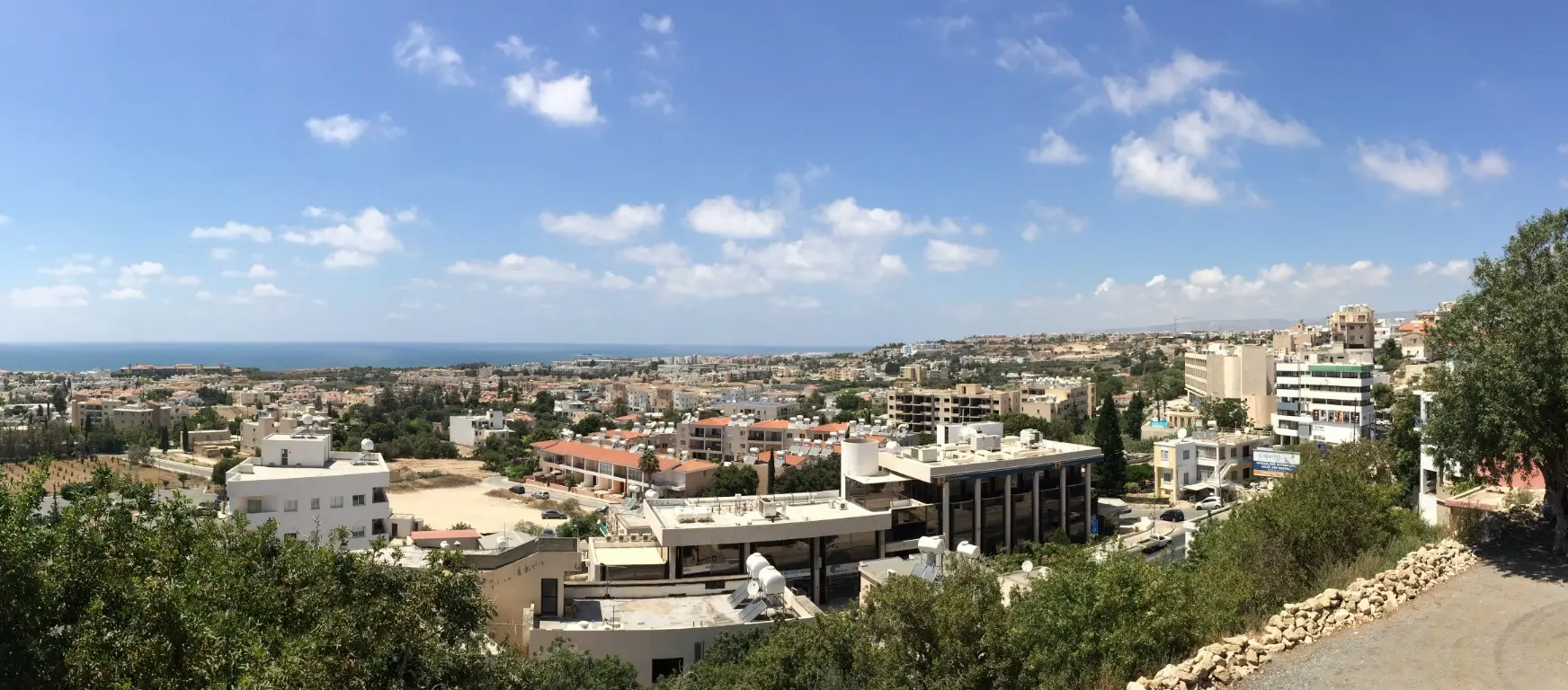Cyprus’ outdated property law allows nationals of third countries to acquire real estate, even as individuals, with little oversight, according to a recent response from the Interior Ministry to parliament.
The ministry confirmed that foreign buyers can file a transfer deed at the land registry office and proceed to exploit a property, such as an apartment or residence, without the need to conclude a sale contract or obtain prior permission from the district governor.
“The transfer documents are equated with the purchase and sale documents for the purposes of implementing the Immovable Property Acquisition (Aliens) Law (Cap. 109),” the ministry said.
It added that a permit from the district governor is required when the transfer is processed in the buyer’s name, but “is not a prerequisite” for filing the deed at the land registry.
In practice, all such transfer documents concerning third-country nationals are accepted without an acquisition permit.
This effectively neutralises the legislation that restricts property ownership by foreign individuals.
A legal expert told Philelenews that under the current framework, a foreigner may acquire multiple properties despite the law providing for only one.
He added that “foreigners from third countries are satisfied with the purchase of a transfer document on the basis of which they can permanently utilise the property without the need to issue a title deed or secure a permit.”
The scale of such activity is already visible in official records. More than 50,000 property sales in Cyprus have already been transferred to third-country nationals this year, with Paphos taking the lead, Interior Minister Constantinos Ioannou told parliament.
By July 7, a total of 53,076 transfers had been completed nationwide, according to figures from the Department of Lands and Surveys (DLS).
Of these, 20,755 were in Paphos, 17,083 in Limassol, 9,175 in Larnaca, 3,509 in Famagusta, and 2,554 in Nicosia.
A further 29,089 sales contracts have been filed but not yet transferred, bringing the total number of properties moving into foreign hands to more than 82,000.
These include 9,470 pending in Paphos, 7,297 in Larnaca, 7,208 in Limassol, 4,225 in Famagusta, and 899 in Nicosia.
Ioannou mentioned that transfer documents are treated as sales agreements under the law, but stressed that “a permit from the district governor is required for completing a transfer, not for filing the initial sales contract.”
Between 2021 and the end of 2024, more than 37,000 properties changed hands to foreign nationals, while Cypriots bought over 200,000.
In Paphos alone, UK nationals led with 4,483 purchases, followed by Russians with 1,563 and Israelis with 1,291.
Limassol recorded 2,561 acquisitions by Russians, 1,840 by UK nationals and 1,154 by Israelis.
Larnaca saw strong demand from Lebanese (1,744), UK nationals (2,743) and Israelis (1,406), while Famagusta was led by 1,182 UK purchases.
In Nicosia, Greeks topped the list with 1,626 acquisitions, followed by UK nationals (1,584) and Australians (545).
Concerns about the loophole have been mounting, particularly following a law proposal earlier this year by MP Nikos Georgiou, who has repeatedly pressed the ministry on the matter.
He has also highlighted how foreigners sidestep restrictions by acquiring property through legal entities, effectively bypassing any control.
The ministry has acknowledged the flaws. Indeed, Ioannou told parliament that the law is outdated and needs revision, as mentioned earlier at Philenews.
He stated that the legal service is already reviewing the framework with a view to repealing the existing provisions and introducing a new regime. Officials are now drafting proposals targeting the sections of the law most open to abuse.






Click here to change your cookie preferences